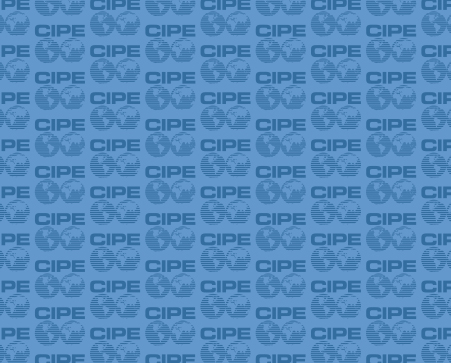
A delegation of West African leaders confronted incumbent Côte d’Ivoire president Laurent Gbabgo yesterday, threatening military removal if he does not step down from power. A month after election disputes, Gbabgo refuses to transfer presidential power to Alassane Ouattara, the candidate recognized by much of the international community as the election’s victor. The election commission declared Ouattara as winner of the popular vote, but because of election disputes, the Constitutional Council granted presidential victory to Gbabgo.
As the world’s most prominent cocoa exporter and a significant West African offshore oil producer, Côte d’Ivoire was once considered a model of African democracy and prosperity with a strong private sector that boosted the country’s standard of living. The chance of economic opportunity attracted immigrants from surrounding countries to live and work in Côte d’Ivoire. Mass migrations began in the 1960s and continued for several decades, setting the stage for ethnic tensions that have left polarizing political and demographic effects in the country. As the country struggled to elect new leaders in the 1990s, conflict exacerbated in between the predominantly Muslim north and the nationalist south. Civil war ignited in 2002.
The delegation included the presidents of Sierra Leone, Cape Verde, and Benin, carrying the support of the Economic Community of West African States (ECOWAS) in threatening military action if Gbabgo did not relinquish power. Notably, the delegation has stepped in as a means of defense against flawed elections – a stark contrast to other historical leaders banding together to help keep dictators in power. With the increasing international pressure for Gbabgo to step down, one of three outcomes are probable to dominate West African politics in the near future:
- Gbabgo steps down.
- Power is compromised between Gbabgo and Ouattara.
- Civil war erupts.
A power compromise is unlikely, given the ultimatum presented by the West African delegations for Gbabgo to step down or be militarily removed. But if civil war breaks out again, Côte d’Ivoire’s private sector is one of the players with the most at stake – the Ivoirian economy had essentially halted after the attempted coup and civil war in 2002, and has yet to recover from the war’s devastating effects.
Aside from destroying infrastructure, another period of war turmoil would halt the country’s already-slow economic growth, and further drive away prospects of Côte d’Ivoire’s much-needed foreign investment. For the time being, Ouattara has been granted financial control of national funds. With most of the international community’s support, a peaceful transfer of power would prevent military action carried out by the African Union and ECOWAS.
While stakeholders in Côte d’Ivoire, Africa, and around the world urge Gbabgo to relinquish his title, engagements continue to unfold in a political struggle that could determine the country’s future in West African diplomacy and the global economy.
Published Date: December 29, 2010